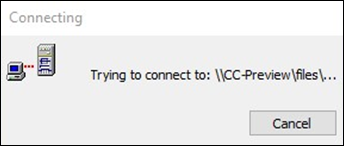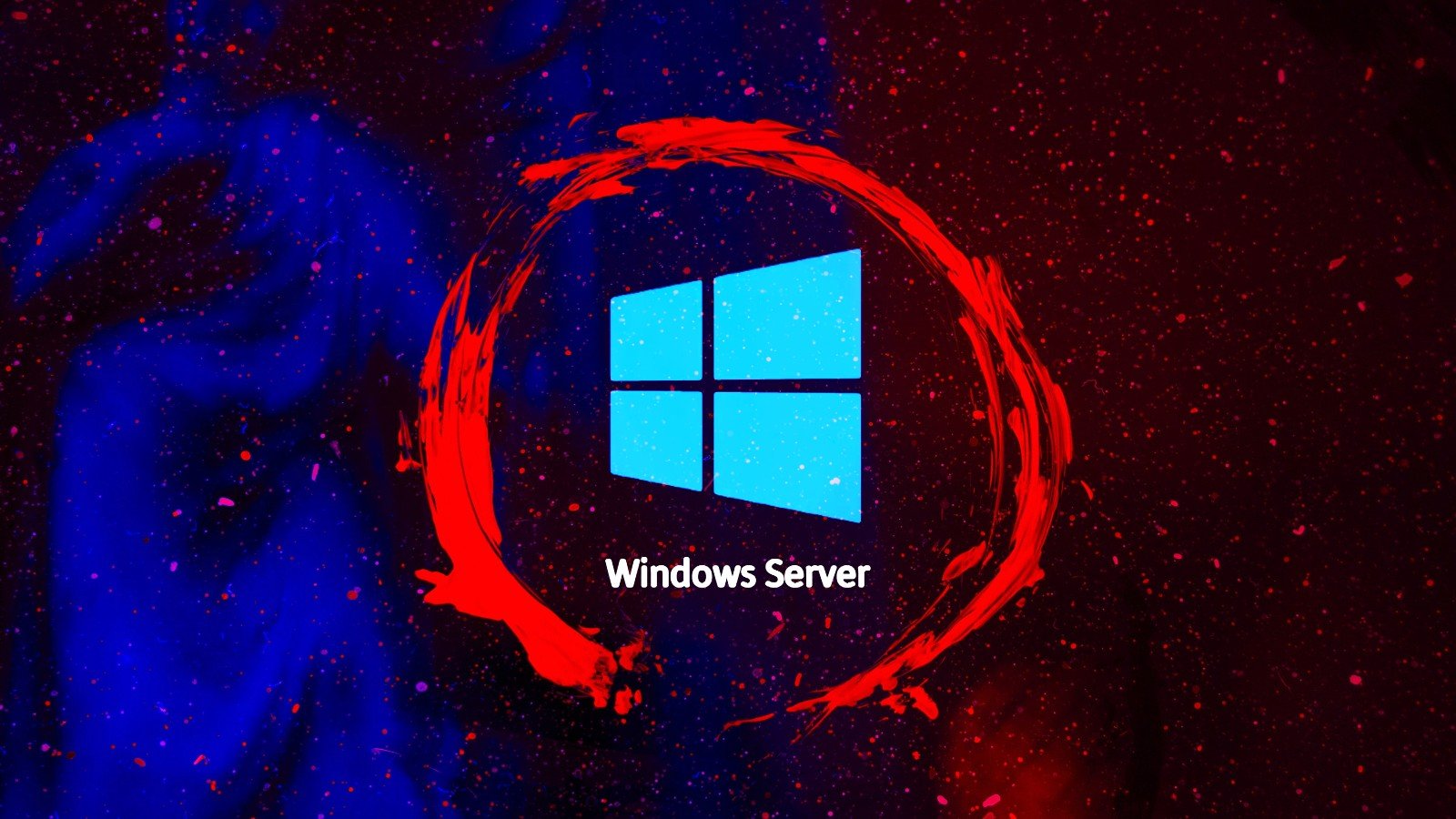Microsoft resolves bug in Outlook Desktop that causes slow saving issues
Microsoft has resolved a recognized problem that was causing significant delays for Microsoft 365 users when saving attachments in Outlook Desktop. [...]

Microsoft has successfully tackled a persistent issue in Microsoft 365 that was causing significant delays for Outlook Desktop users when saving attachments. This glitch predominantly affected those attempting to save an attachment to a network share, leading to an inconveniently long wait time as the "Save As" dialog struggled to load, often displaying a "Trying to connect" message.
Initially identified and acknowledged in July, this bug was found in specific versions of Microsoft 365 Apps, particularly the Current Channel Version 2304 (Build 16327.20214) and the Monthly Enterprise Channel Version 2304 (Build 16327.20324).
Fortunately, a resolution has been implemented, albeit currently available only to Insider members, starting from the build 25991.1000.rs_prerelease.231102-1335.
Prior to this, in February, Microsoft had resolved a similar issue that was impacting other Office Suite applications like Word, Excel, and PowerPoint. This earlier bug also affected the saving of email attachments to network shares, mirroring the challenges faced by Outlook users.

Microsoft is offering a temporary workaround for customers not in the Insider program who are affected by the recent bug causing delays when saving attachments in Outlook Desktop. This issue, primarily impacting users saving to network shares, can be temporarily resolved by reverting to an earlier version of M365 Apps and disabling the WebClient Windows service.
Here are the steps to implement this fix:
1. Revert to an Earlier M365 Apps Build: Follow Microsoft's guide on how to revert to an earlier version of Office.
2. Disable the WebClient Service:
- Open the Run dialog (Win+R) and type `services.msc`.
- Locate the WebClient service in the list and open its properties.
- Stop the service and set the Startup type to Disabled.
In addition to this issue, Microsoft addressed a separate bug in July that prevented Outlook Desktop users from opening hyperlinks containing IP addresses or fully qualified domain names (FQDN) after installing the July 2023 security updates. While a workaround for this hyperlink issue was provided, Microsoft cautioned that using it could potentially increase the system's vulnerability to cyber attacks.
Furthermore, in June, Microsoft offered a stopgap solution for a problem that was causing slow startups and freezes in Outlook for Microsoft 365, as part of their ongoing efforts to ensure smoother functionality for their users.
























![Largest Data Breaches in US History [Updated for 2023]](https://nulld3v.com/uploads/images/202311/image_430x256_654e69df8d469.jpg)













